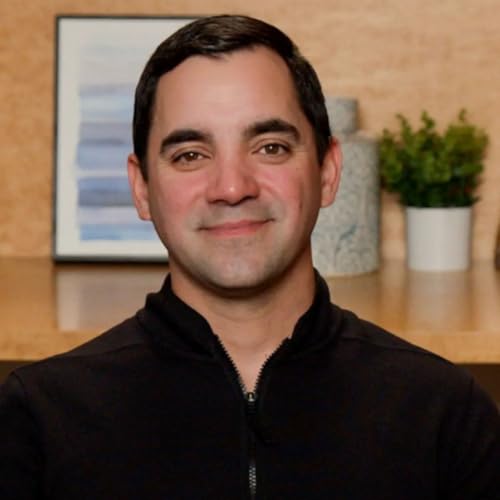Although I often describe myself as a sociologist, my academic foundation began with psychology—I completed a dual major in psychology and sociology. One of the courses that most shaped my early thinking was Industrial/Organizational Psychology. At the time, I struggled with what felt like a top‑down, management‑centric approach. I even recall asking the professor whether the field existed mainly to validate decisions leaders already wanted to make. If he’s listening now, I offer a sincere apology for my younger, overly blunt critique.
My career ultimately led me to workplace ethnography through a sociological lens, focusing on organizational structures, systems, cultures, and group dynamics—including critical themes like diversity, equity, inclusion, and belonging. In essence, I study how to build stronger workplace communities across in‑person, remote, and hybrid environments. Work remains one of the most powerful forces shaping identity, social perception, and life opportunities. One of the first questions we ask one another is still: “What do you do for a living?” Work undeniably defines us—and the systems around it matter.
That’s why I was particularly excited to welcome today’s guest: Dr. Benjamin Granger, Chief Workplace Psychologist at Qualtrics. It’s a title that signals both responsibility and influence. In this role, Dr. Granger helps organizations worldwide elevate employee experience and adopt leadership practices that create more human‑centered, high‑performing cultures. His new book, A Leader Worth Following, distills these insights into actionable strategies for leaders seeking to build trust, connection, and long‑term organizational health.
In our conversation, we explore Dr. Granger’s journey into I/O Psychology and how his desire for real‑world impact led him toward applied professional practice rather than a purely academic path. We examine the rising imperative for human‑centered leadership—especially in an era defined by uncertainty, rapid change, and heightened expectations around wellbeing and psychological safety.
Dr. Granger also draws on evolutionary psychology to explain why certain leadership traits resonate more strongly today, and how leaders can better align their behaviors with how people naturally build trust, assess credibility, and form meaningful connections. Ultimately, he encourages leaders to take ownership of the experiences they create, understand the perceptions they shape, challenge outdated leadership norms, and cultivate environments where people feel connected, supported, and empowered to thrive.
Along the way, we bridge longstanding gaps between psychological and sociological approaches to understanding work—revealing how the integration of both disciplines offers a more holistic perspective on leadership, culture, and employee experience.
Dr. Benjamin Granger: https://www.linkedin.com/in/benjamin-granger-7147991b/
“A Leader Worth Following: https://benjamingranger.com/
 Feb 27 20261 hr and 2 mins
Feb 27 20261 hr and 2 mins 58 mins
58 mins Feb 13 202658 mins
Feb 13 202658 mins Feb 6 20261 hr and 7 mins
Feb 6 20261 hr and 7 mins Jan 30 20261 hr and 14 mins
Jan 30 20261 hr and 14 mins 59 mins
59 mins 1 hr and 2 mins
1 hr and 2 mins 1 hr and 18 mins
1 hr and 18 mins
